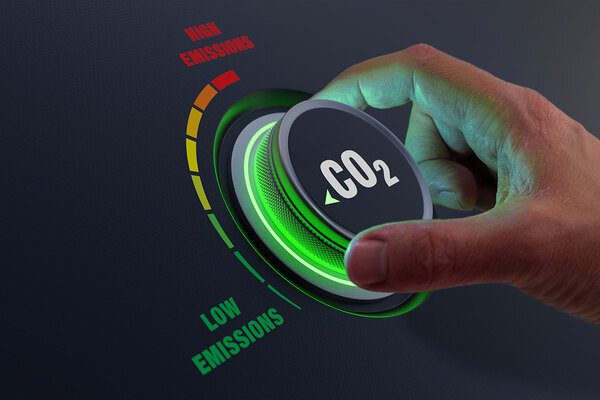
An initial summary document detailing some of the more ‘headline grabbing’ initiatives and with a strong focus on investment in electrification of domestic heating as expected, was followed by the full document confirming the headline commitments to decarbonise the home heating sector with a commitment to ensure that, from 2035, all new heating appliances in homes are low carbon.
The main points of the strategy are highlighted below.
Heat pumps first
The strategy, as anticipated, is very much ‘heat pumps first’ – achieved through both regulation from 2026 and through financial incentive. A £450m Boiler Upgrade Scheme that replaces the RHI will provide £6k grants for GSHP and £5k for ASHP along with an equalising of energy levies will look to bring the cost of heat pumps for homes in line with that of gas boilers by 2030.
One notable absence in the strategy document is the lack of commitment to the use of hydrogen for decarbonising heat in homes. A decision on its potential role is deferred until 2026 so that the hydrogen village trials will be completed with BEIS stating: “We must take no-regrets action now whilst supporting ongoing trials and other research and innovation on our future heating systems, including hydrogen”.
What role for low carbon liquid fuels?
After intense lobbying from those involved in heating the off-grid sector, biofuel remains a potential solution for homes “where low temperature heat pumps cannot be reasonably practicably accommodated subject to minor energy efficiency measures”.
BEIS accepts that other low-carbon heating options (such as solid biomass boilers, high temperature heat pumps, and potentially liquid biofuels) may offer an alternative in these cases but also indicates that aviation remains its preferred use of biofuels stating: “The deployment of liquid biofuels for off-gas grid heating, like solid biomass, will be limited by constraints on the global availability of sustainable feedstocks. For this reason, government will seek to give priority to sectors which have fewer alternatives to decarbonisation, for example the aviation industry.”
Given that BEIS anticipates that 81% of off-gas grid homes in England that are heated by high carbon fossil fuels will be able to transition to low temperature heat pumps without the need for any energy efficiency improvements and a further 4% will be able to do so with ‘minor energy efficiency measures’ there will be around 15% that will need other approved low carbon options. This is where there may be a role for biofuels.
There are several consultations launched in parallel with the strategy that run until January 12th, 2022, seeking views on phasing out the installation of fossil fuel heating in homes, businesses and public buildings off the gas grid as well as future support and mechanisms for low carbon heat.
The full strategy document can be read here.


